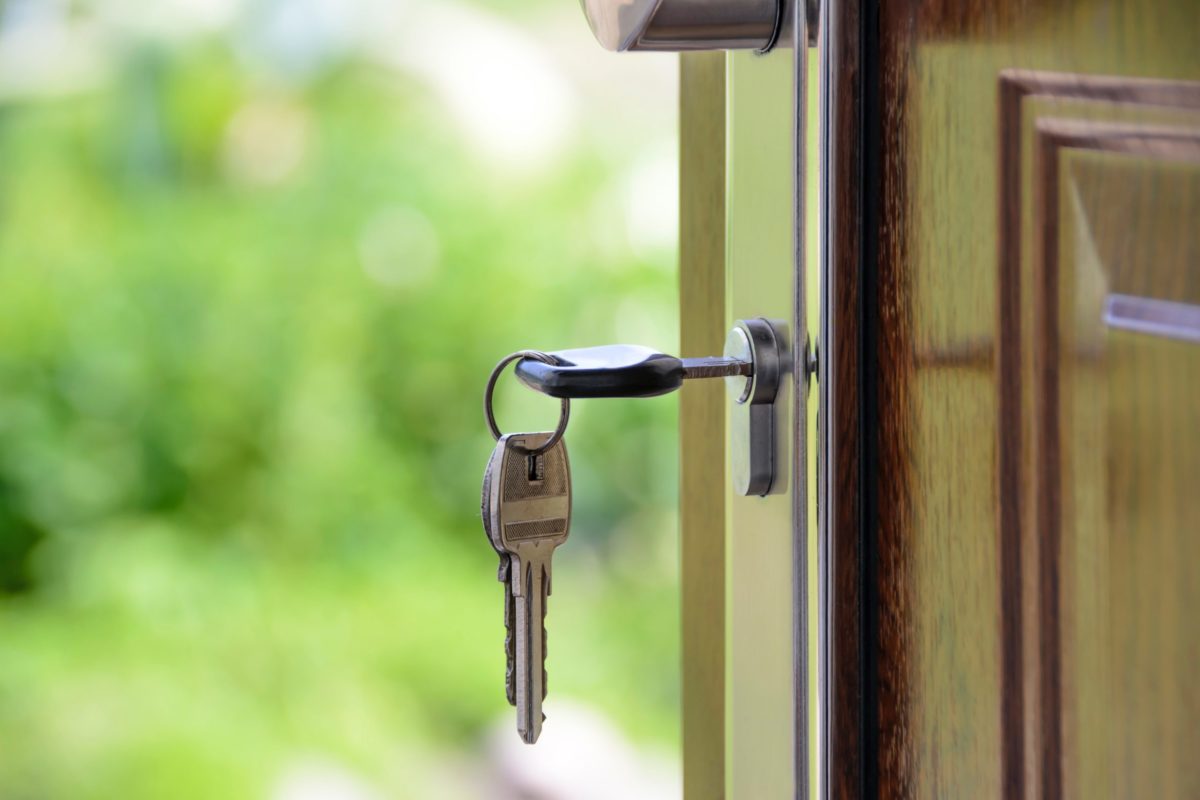In most cases, no, a lender will not be able to seize your home, given that payday loans are unsecured loans, meaning that there is no security (or collateral) within the loan. Homes are seized when secured loans, like mortgages, go unpaid.
Key Information About Losing Home Over Payday Loan:
- Payday loans are unsecured debts, meaning that your home will not be declared as collateral.
- However, a lien could be placed on your home, meaning that when you sell it, you have to repay your debts, or you’ll be unable to sell.
- You should contact an attorney if a lender is threatening to seize your home over an unpaid, unsecured loan.
- Failing to pay your payday loan could land you with late fees, higher interest rates, damage to your credit score, and maybe threatened legal action. You will not have your home seized.

Your home can only be seized if it is declared as collateral within a secured loan contract. Payday loans are an unsecured form of debt, meaning your home cannot be seized if you don’t meet repayments.
What is a Lien?
There are three types of liens:
- Tax Liens – If you owe taxes to a government agency, a tax lien is the form of lien they will place on your home to ensure you pay your debts.
- Mechanics Liens – These may be placed on your property by a carpenter, plumber or contractor to ensure you compensate them for their labour.
- Judgment Liens – A lender may be able to organize this form of lien, and it is not uncommon for them to do this. These can be settled when you sell your home by working with the lien holder to pay it from the money you acquire through the sale of your house.
If a lien is on your home, it does not mean you will lose it. What it does mean, though, is that in order to sell your home, you have to repay your debts first. A lien essentially allows your creditor to take hold of your property while your payments are pending. Once you’ve paid your debt, the lien is removed and your home is under your control again.

If you are a reliable borrower who pays debt back promptly and fully, you don’t need to worry about liens!
Secured VS Unsecured Debt
Whether your property can be seized due to failure to repay a loan will depend upon whether your loan is secured or unsecured. What’s the difference, then?
Secured Debt
A secured debt is a loan within which you use an asset as collateral to ‘secure’ the loan. The most frequently used secured debt is a mortgage, which provides you with credit to purchase your home, and the home is used as collateral to secure the loan. If you fail to pay the mortgage, the bank can seize the home that was holding your loan in place.
Unsecured Debt
Unsecured debts are more common than secured ones. All the bills you have that don’t depend on collateral are unsecured loans. For example, medical bills, credit card bills, utilities such as gas and water, personal loans, and student loans are all forms of unsecured debts.
If you have failed to repay an unsecured loan, the creditor cannot seize your home, as it was not declared as collateral in your contract. If you have been threatened with property seizure by a creditor of an unsecured loan, then the Fair Debt Collection Practices Act is being violated, and you should consult an attorney.
What these creditors can do is call you, write to you, and report you. They can even file a lawsuit against you – but they have no legal right to take your home.
What Will Happen If I Don’t Pay My Payday Loan Back?
While your home may not be seized, there are consequences to not paying back your debt. You may be landed with late fees, which make an already expensive form of credit even pricier. You could also have to pay higher interest, and given that the average APR on payday loans is 400%, this interest will be very high. You could, in extreme cases, be threatened with legal action. While you will not go to jail, you could be sued.
Your credit score will be damaged if you fail to pay your debt as you agreed you would. Having a poor credit score will make it more difficult to secure loans in the future. It can also make it difficult to secure any form of credit, from something as simple as a phone contract, to making it a challenge to find a mortgage provider, it will impact your future financial possibilities.


